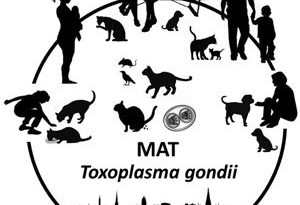Seroepidemiology of Toxoplasma gondii in extensively raised Iberian pigs in Spain
Preventive Veterinary Medicine
Abstract
Pigs reared under extensive farming conditions are currently in high commercial demand because they are associated with high-quality products. Nevertheless, the risk of contact with different pathogens of animal and public health concern is also higher in extensive production systems. Toxoplasma gondii is a widely prevalent zoonotic pathogen and transmission by contaminated pork is likely one of the main routes of human toxoplasmosis. The aim of this study was to determine the seroprevalence, risk factors and spatial distribution of T. gondii on extensive Iberian pig herds in Spain. Sera from 2245 Iberian pigs from 114 herds were collected between 2015 and 2017 and analyzed using a commercial ELISA. The apparent individual prevalence of antibodies against T. gondii was 24.1 % (542/2245) and the estimated true seroprevalence was 24.3 % (CI95 %: 22.5–26.1). Seropositivity was detected in 86.0 % (98/114; CI95 %: 77.4–91.1) of 114 herds analyzed. A multi-level logistic regression model showed that T. gondii infection was significantly more frequent in sows than in fattening pigs (OR: 2.6; CI95 %: 1.5–4.8) and in herds with more than three cats compared to no cats (OR: 2.9; CI95 %: 1.1–8.7). Our results indicate a widespread but heterogenous distribution of T. gondii in extensively reared Iberian pig herds, which may have important implications for public health through the consumption of undercooked or improperly cured pork products.




